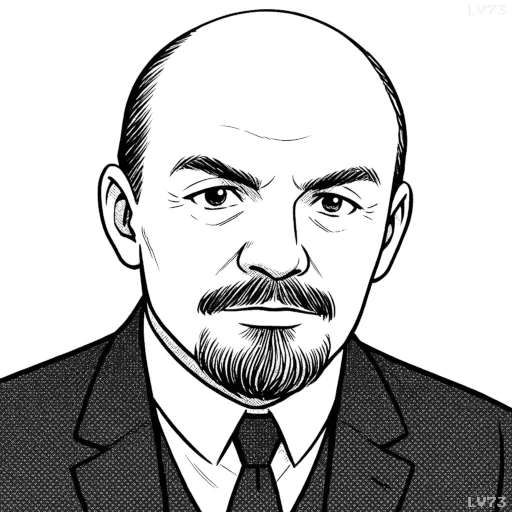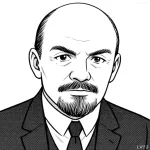“Without revolutionary theory there can be no revolutionary movement.”

- April 22, 1870 – January 21, 1924
- Born in the Russian Empire
- Revolutionary, political theorist, lawyer, state leader
table of contents
Quote
“Without revolutionary theory there can be no revolutionary movement.”
Explanation
This quote underscores Lenin’s belief that effective revolution must be guided by clear, coherent, and well-developed theoretical principles. He argued that spontaneity alone — protests, strikes, or popular unrest — is not sufficient to achieve systemic change. Without a guiding ideology such as Marxism, movements can falter, be co-opted, or devolve into disorganization. For Lenin, revolutionary theory provided the strategy, direction, and unity necessary to transform discontent into lasting political power.
Historically, Lenin developed this idea in works like What Is to Be Done? (1902), where he stressed the need for a vanguard party composed of professional revolutionaries, educated in theory and capable of leading the working class. This perspective was crucial during the lead-up to the Russian Revolution of 1917, when theoretical clarity helped the Bolsheviks outmaneuver rival factions and seize state power. Lenin viewed theory not as abstract philosophy, but as a practical tool for organizing and sustaining a revolution.
In contemporary movements, this quote continues to resonate. Without shared goals and ideological cohesion, even passionate activism can lose direction or be absorbed into the very systems it opposes. Examples include grassroots movements that gain momentum but fail to articulate clear demands or strategies, such as Occupy Wall Street. Lenin’s warning serves as a reminder that revolutionary energy must be anchored in thought — not only to achieve change, but to ensure its survival and integrity once power is attained.
Would you like to share your impressions or related stories about this quote in the comments section?
